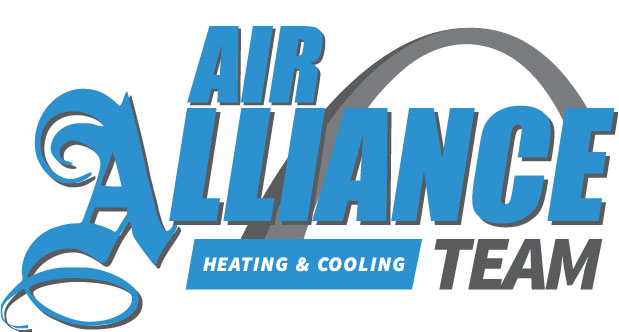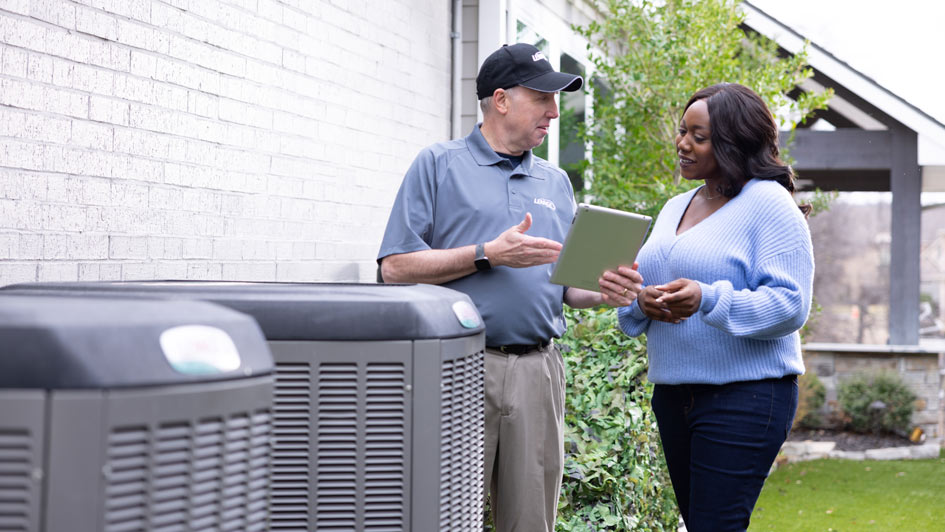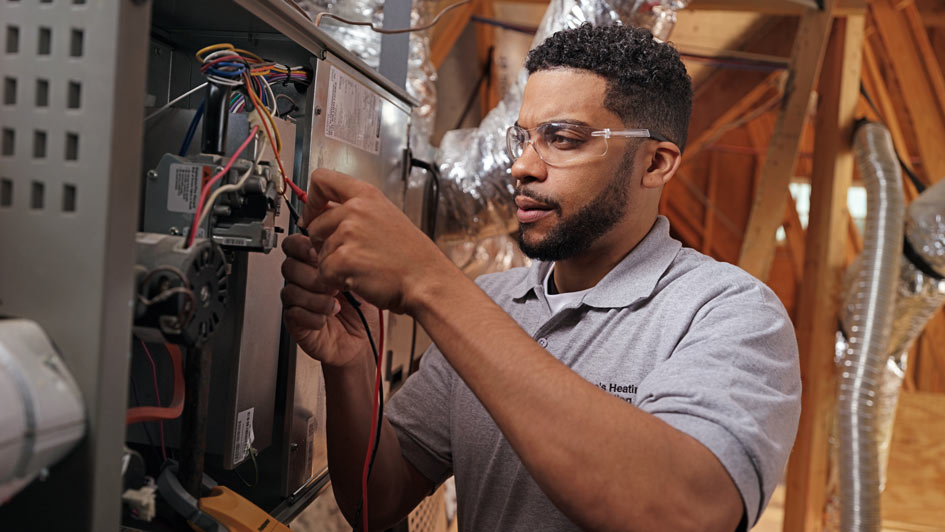Blog
Serving Ballwin and St. Charles and These Areas
About Air Alliance Team
At Air Alliance Team, your home comfort is our biggest concern. That’s why we provide dependable HVAC equipment and outstanding work in Ballwin and St. Charles. Our techs are knowledgeable in a full selection of services, so you can be confident in your results. They’ll give the support you are seeking, whether it’s putting in a new HVAC system or working on and tuning up your current system. We’re here to assist with all of your needs, so call us at 636-206-4250 or contact us online to get an appointment right away.
Air Alliance Team
336 Sovereign Ct
Ballwin, MO 63011
Phone: 636-206-4584
Email: [email protected]
MCC-X0185
© 2024 Air Alliance Team | All rights reserved





